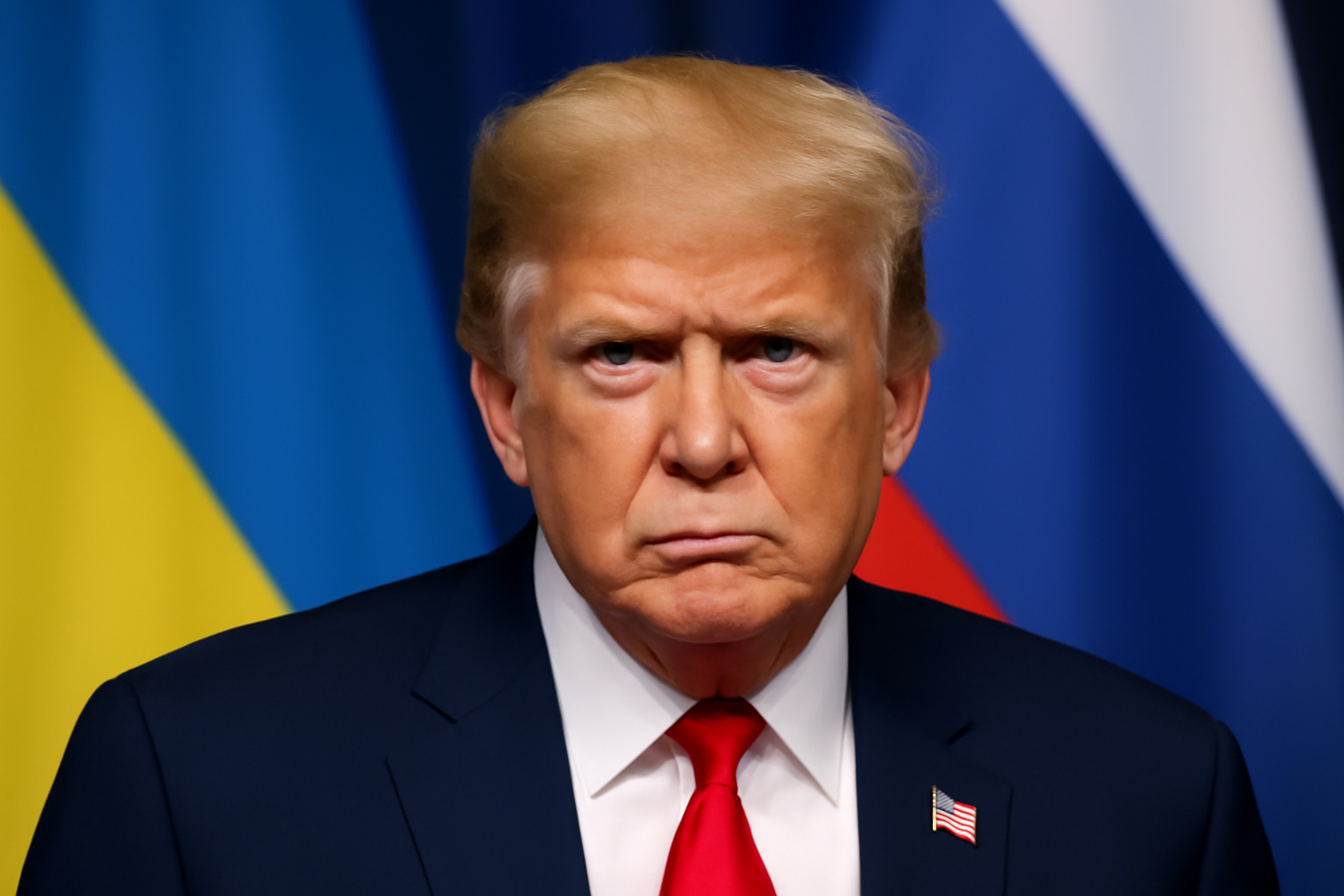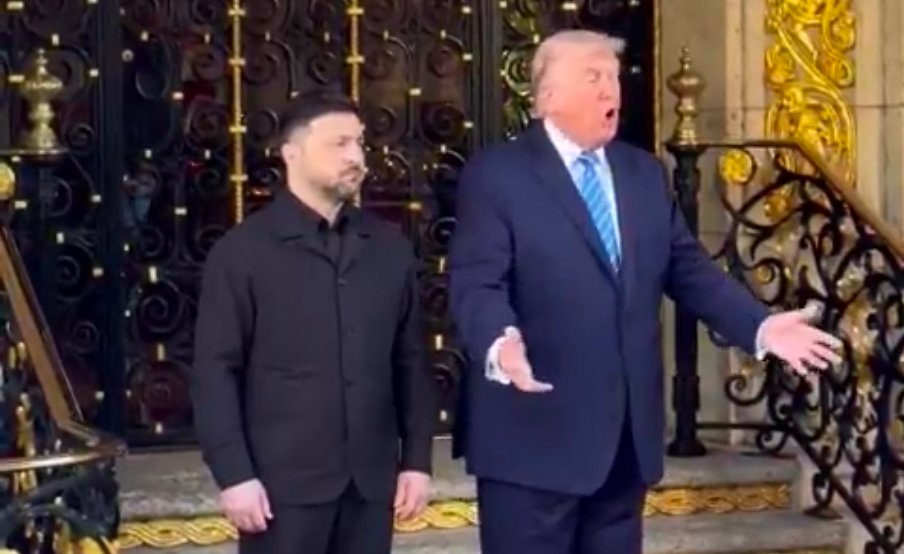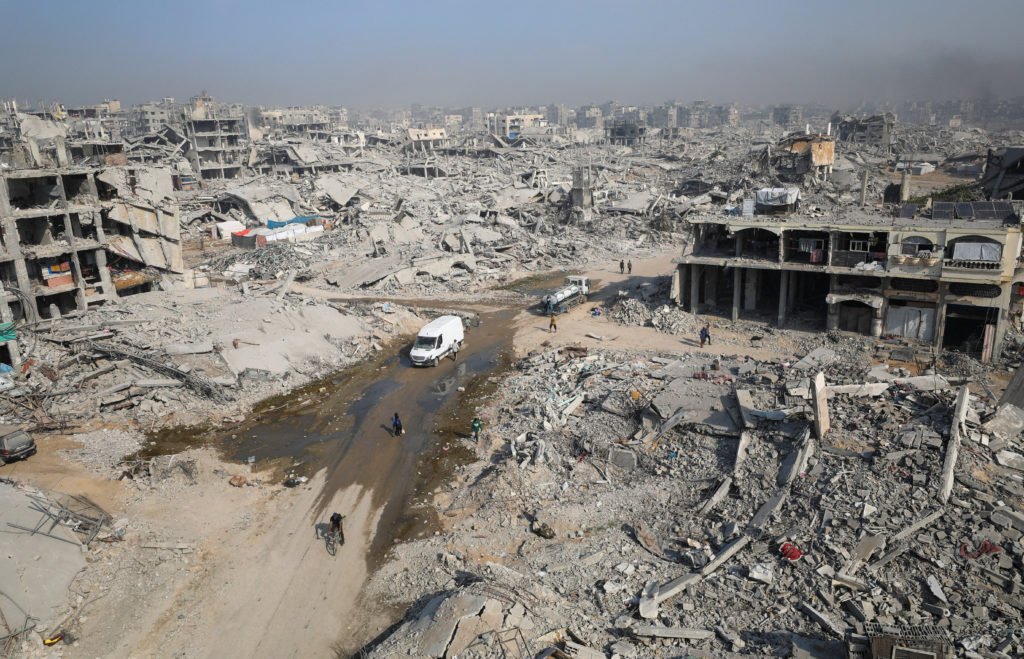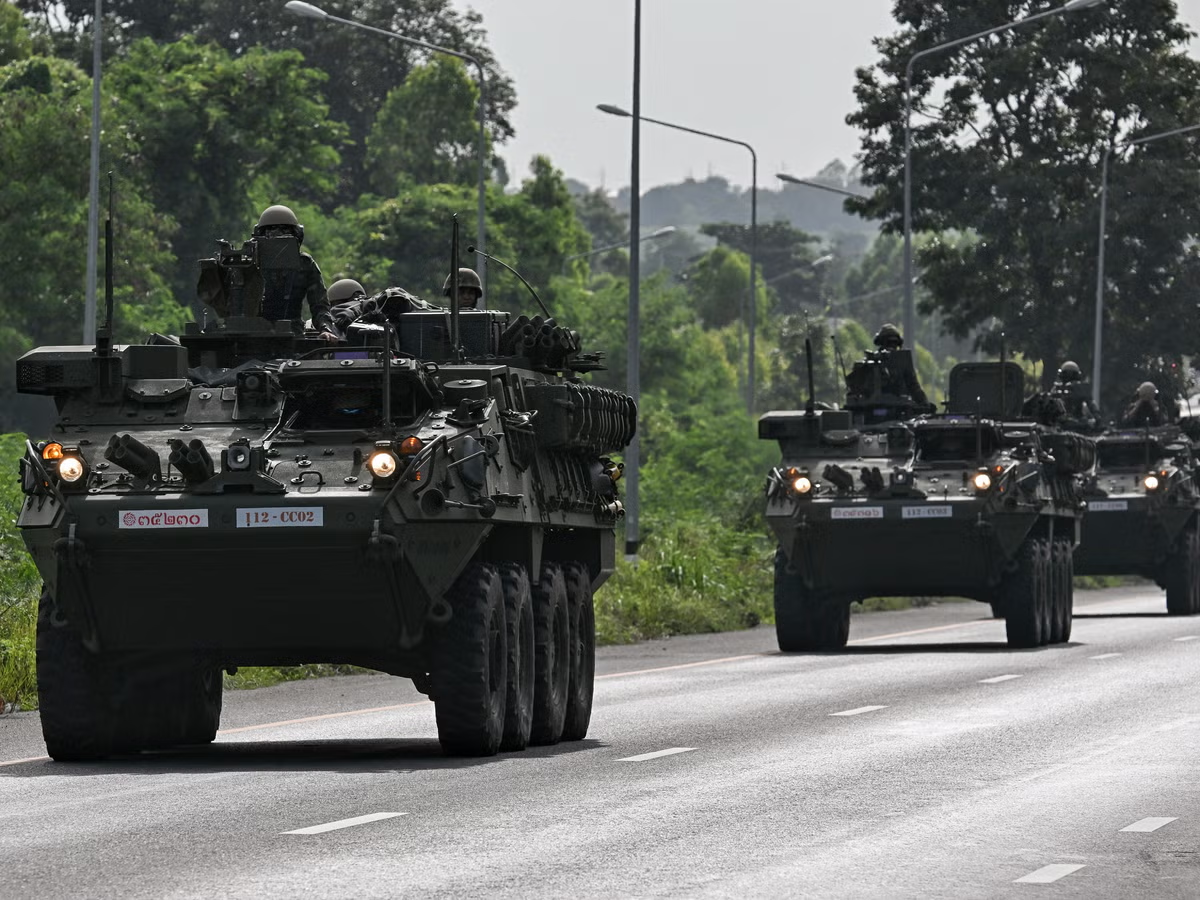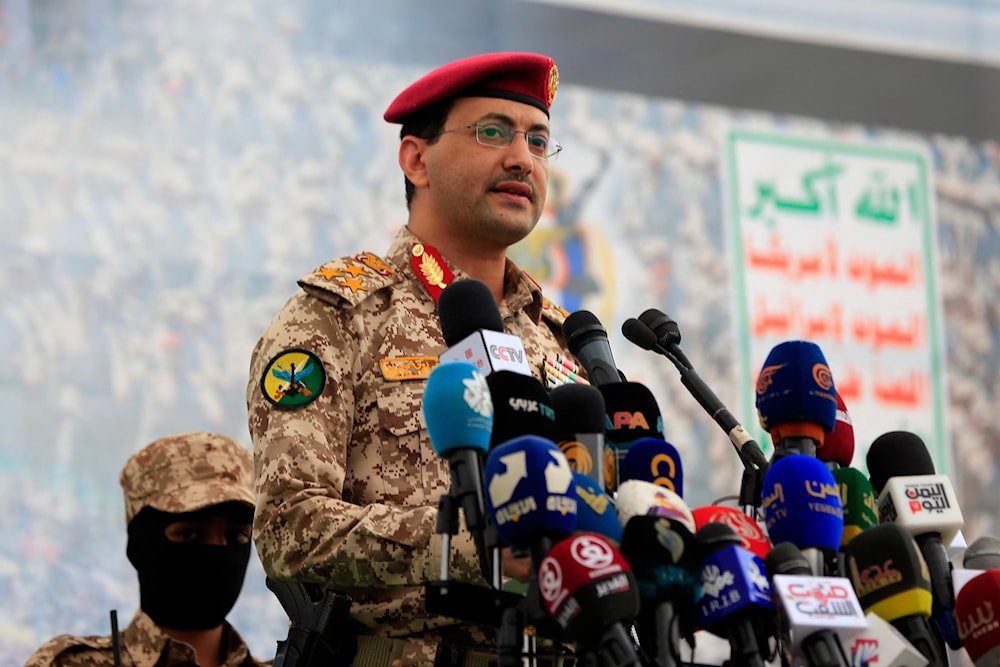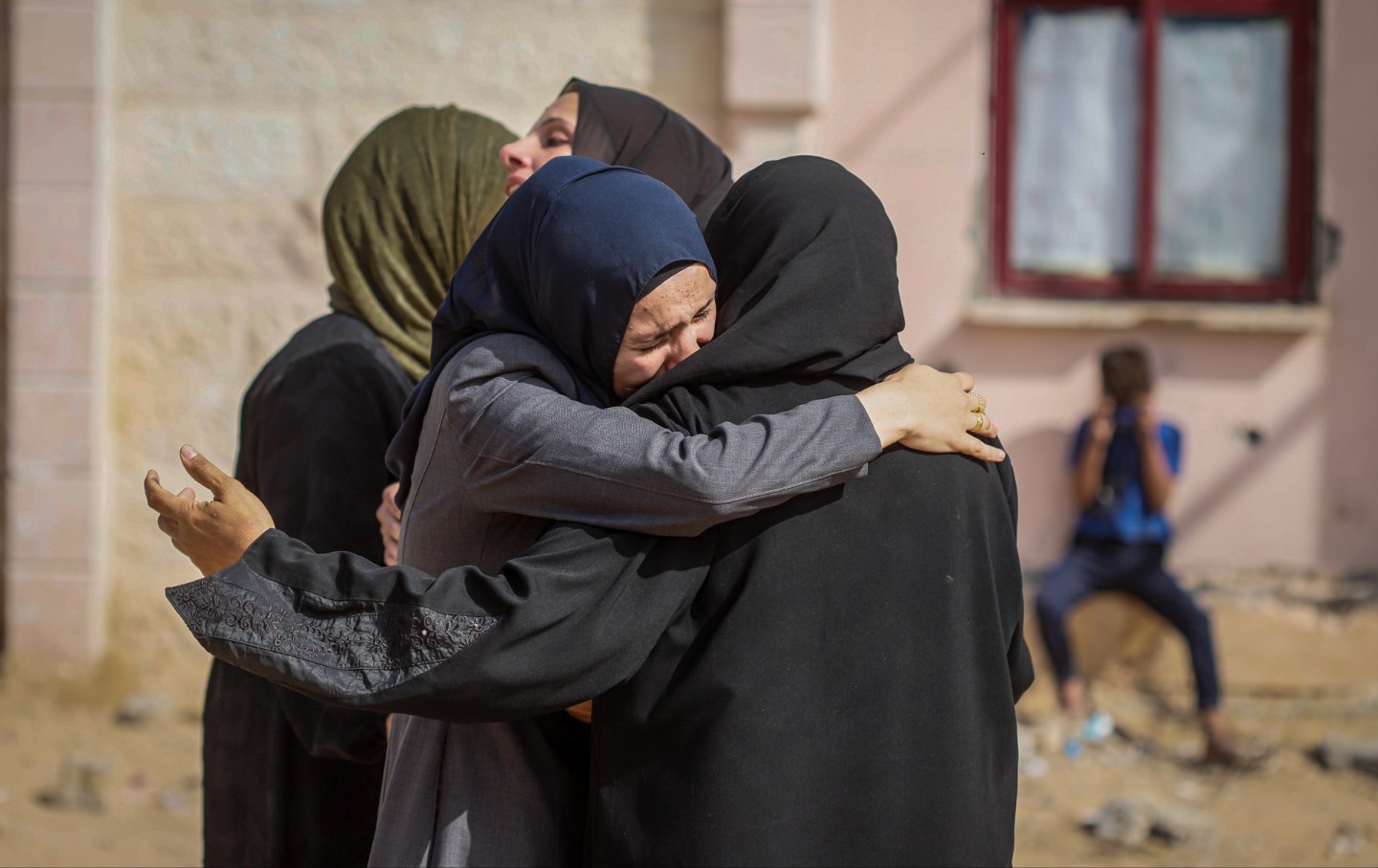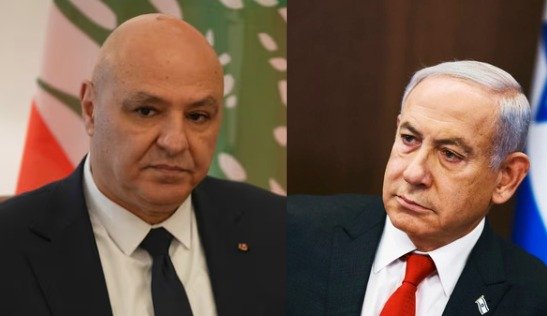LONDON — Former President Donald Trump is advocating for Ukraine to give up territory to Russia to end the ongoing conflict, threatening to withdraw U.S. support if a deal becomes too challenging. This stance has sparked significant concern among Ukraine's European allies, who view the war as vital to the security of the continent. With rising pressure to maintain military support for Kyiv, Europe is now grappling with the potential loss of U.S. backing.
Trump has openly criticized Ukrainian President Volodymyr Zelenskyy, accusing him of prolonging the conflict by refusing to surrender Crimea to Russia. Trump’s proposal, which would involve giving Russian forces control over occupied regions, signals a radical shift from the post-World War II principle that borders should remain unchanged through force.
Experts have warned that such a move could undermine international stability, with some drawing parallels to Nazi Germany’s pre-war territorial annexations. François Heisbourg, a special adviser at the Foundation for Strategic Research in Paris, stressed that Europeans and Ukrainians would strongly oppose this change.
The U.S. pulling back could lead to various scenarios, including halting direct aid to Ukraine while allowing European countries to receive critical U.S. intelligence and weapons. If Washington were to cease support, Kyiv would rely heavily on Europe for military supplies, but filling the gaps left by the U.S. could prove difficult. A European diplomat stated that if it were easy, Europe would have already stepped up its contributions.
Despite the U.S. contributing slightly more in military aid than Europe, the EU has collectively provided Ukraine with more financial assistance. However, Europe faces significant challenges in scaling up military production to meet the needs of both its own defense and Ukraine's, especially for advanced systems like air defenses. European reliance on the U.S. for these systems—such as the American Patriot missile systems—has become evident, as Ukraine uses them to defend critical infrastructure from Russian missile strikes.
The lack of sufficient quantity in European-made air defense systems, such as France's Aster SAMP/T, further underscores the need for continued U.S. support. Trump's stance on limiting U.S. military aid could have dire consequences for Ukraine, potentially preventing European nations from transferring U.S.-made weapons.
While Trump has made it clear he is open to imposing more sanctions on Russia, European leaders remain in a precarious position, waiting for clarity on the U.S. stance. A worst-case scenario would see a ban on American weapons exports and transfers to Ukraine, significantly undermining Europe’s ability to assist Kyiv.
European experts argue that the current situation serves as a wake-up call for Europe to take greater responsibility for its own defense, investing more in military capabilities and fostering closer cooperation to fill the potential void left by the U.S. “This isn’t just about the next few years; it’s about the next two decades,” said Thomas Gomart, director of IFRI, a French think tank.


